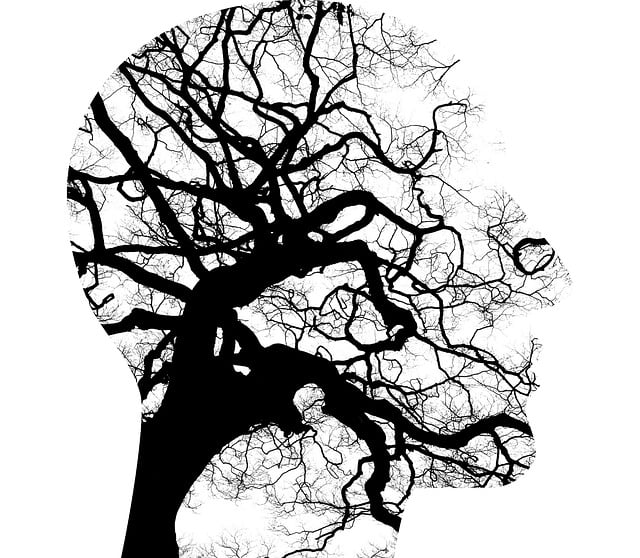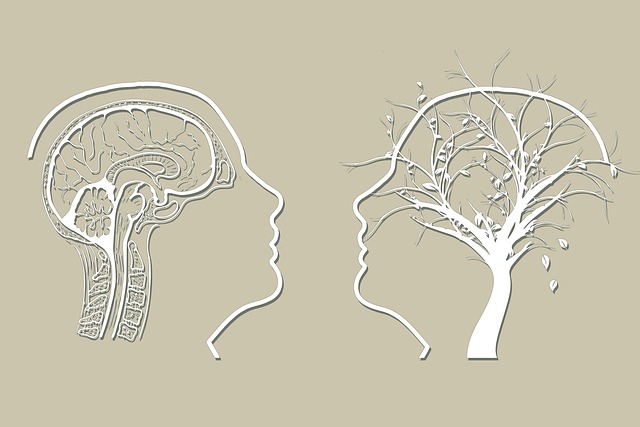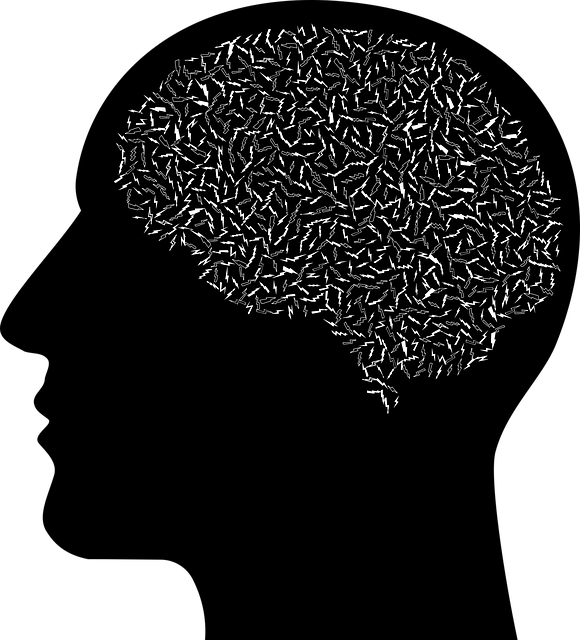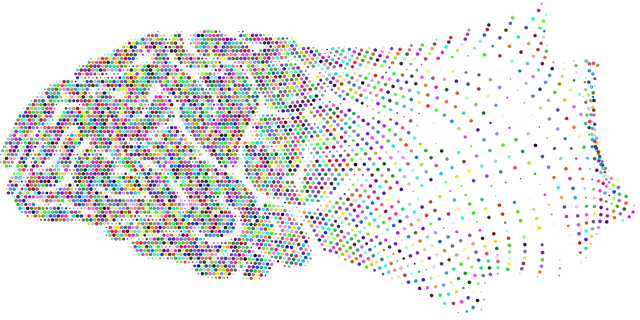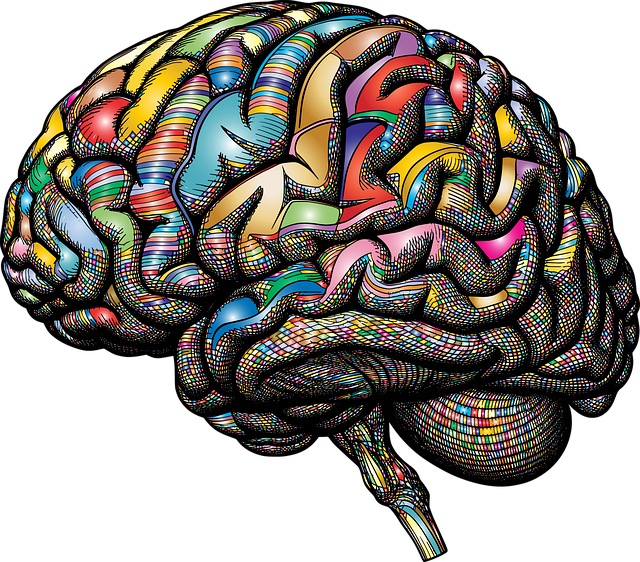Castle Rock Mindfulness Therapy advocates for accurate media representation of mental health to combat stigma and discrimination. They combine exceptional therapy services with Public Awareness Campaigns and Mental Wellness Coaching Programs, focusing on evidence-based practices like mindfulness meditation. By integrating real-life stories and collaborative efforts with media professionals, they aim to create nuanced narratives that challenge stereotypes and promote emotional well-being. Their initiatives empower individuals with crisis intervention skills and encourage early symptom recognition, fostering a more inclusive and supportive societal landscape.
Mental illness representation in media significantly shapes public perception and understanding. This article explores the profound impact of media portrayals on mental health attitudes, highlighting challenges and offering solutions. We delve into the need for accurate depiction, presenting case studies like Castle Rock Mindfulness Therapy as a model for promoting positive change. Furthermore, we provide strategies to encourage responsible media representation, fostering more empathetic and informed societal responses to mental illness.
- Understanding the Impact of Media Representation on Mental Health Perception
- Castle Rock Mindfulness Therapy: A Approach to Promoting Accurate Portrayals
- Strategies for Encouraging Positive Change in Media Depictions of Mental Illness
Understanding the Impact of Media Representation on Mental Health Perception

Media representation plays a significant role in shaping public perception about mental health. The way mental illness is portrayed in films, TV shows, and news media can either perpetuate stereotypes or foster understanding and empathy. When media depicts mental illness accurately and with sensitivity, it contributes to increased awareness and reduces stigma, encouraging individuals to seek support for their emotional well-being. Conversely, negative representations, such as exaggerated or stigmatized portrayals, can lead to fear, misunderstanding, and even discrimination against those facing mental health challenges.
At Castle Rock Mindfulness Therapy, we recognize the power of media in influencing public discourse on mental wellness. That’s why we focus not only on providing exceptional therapy services but also on contributing to the development of both Mental Wellness Coaching Programs and Public Awareness Campaigns. By doing so, we strive to ensure that individuals experiencing emotional difficulties have access to accurate information and supportive resources, ultimately promoting better emotional regulation within our communities.
Castle Rock Mindfulness Therapy: A Approach to Promoting Accurate Portrayals

Castle Rock Mindfulness Therapy offers a promising approach to promoting accurate representations of mental illness in media. By focusing on evidence-based practices such as mindfulness meditation, this therapy technique empowers individuals to navigate and manage their emotional well-being effectively. Through guided sessions, participants learn valuable crisis intervention guidance, enabling them to recognize and address symptoms early on.
The integration of Castle Rock Mindfulness Therapy into media narratives can significantly contribute to reducing stigma and fostering empathy among viewers. By showcasing characters who practice mindfulness meditation as a coping mechanism, media platforms can offer more nuanced and realistic portrayals of mental health struggles. This shift in representation is crucial, as it reflects the diverse techniques used in emotional well-being promotion and encourages open conversations about mental illness.
Strategies for Encouraging Positive Change in Media Depictions of Mental Illness

Media has a profound influence on shaping societal perceptions, including attitudes towards mental illness. To encourage positive change, it’s crucial to implement strategies that promote accurate and compassionate representations. One effective approach is to foster collaboration between media professionals, mental health experts, and advocacy groups like Castle Rock Mindfulness Therapy. By integrating real-life experiences and insights from individuals with lived histories of mental illness, media creators can develop more nuanced narratives that challenge stereotypes.
Additionally, promoting awareness through Mental Health Policy Analysis and Advocacy initiatives can drive the industry to prioritize ethical storytelling. Encouraging self-care routine development for better mental health within media productions can also contribute to a healthier culture. By presenting proactive measures and recovery stories, media has the potential to reduce stigma, increase empathy, and inspire viewers to seek support when needed, ultimately reflecting a more inclusive and supportive society.
Media representation of mental illness plays a pivotal role in shaping societal perceptions and understanding. By adopting approaches like Castle Rock Mindfulness Therapy, which promotes accurate and empathetic portrayals, we can foster positive change. Encouraging diverse narratives, challenging stereotypes, and amplifying real-life stories are essential strategies to ensure media depicts mental health accurately. Through these efforts, we can create a more inclusive and supportive environment for individuals facing mental health challenges.





